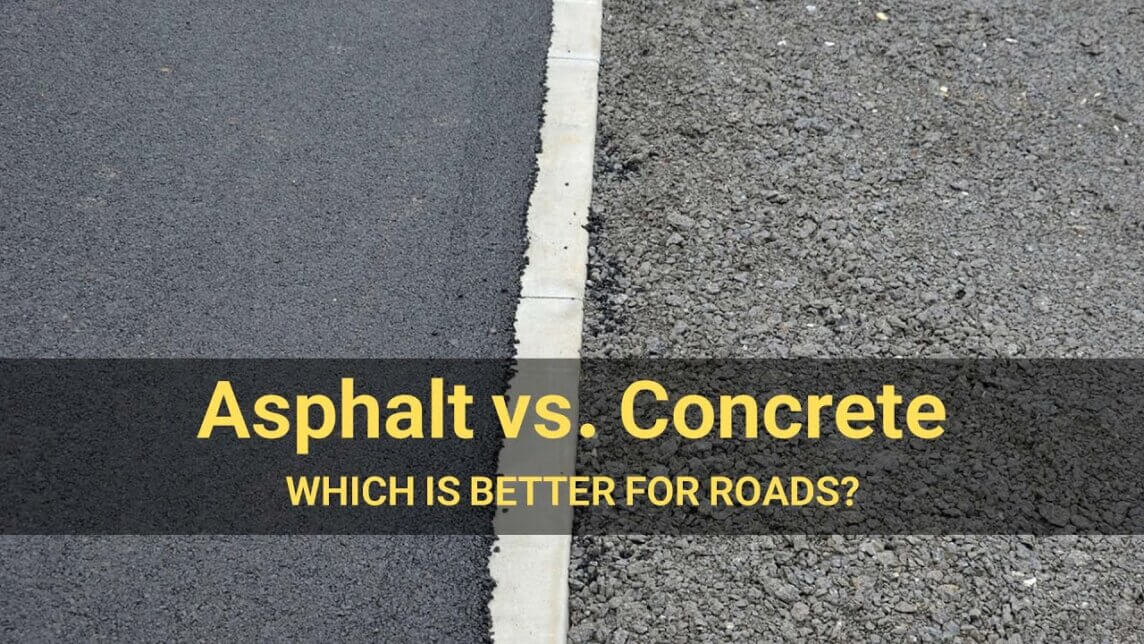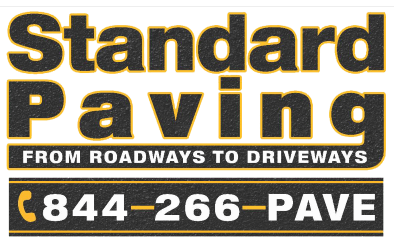Asphalt and concrete are the most popular driveway materials among Virginia homeowners. Both offer unique benefits and drawbacks, especially considering Virginia’s diverse climate, from humid summers in the Tidewater region to snowy winters in the Shenandoah Valley. Whether building a new home or replacing an old driveway, understanding the differences between asphalt and concrete is crucial to making a smart, lasting investment. Before going in the deep discussion, it is important to tell you that homeowners need to understand the facts about Asphalt vs concrete driveway in Virginia in detail. The selection of a competent asphalt paving company is yet another important factor. Standard Paving Virginia is the right option to give you much more impressive solutions than you are looking for.
Which Option is Better for Homeowners to Fix or Install the Pathways?
This discussion will tell you everything in detail. After checking all aspects, which option do you need to choose? Share this useful knowledge with others to help them in this situation.
1. Climate Considerations in Virginia
Virginia experiences four distinct seasons, meaning your driveway must withstand intense heat and cold.
- Asphalt is more flexible and can better accommodate freeze-thaw cycles. Asphalt can expand and contract without cracking as easily as concrete in colder regions of Virginia, like the western highlands or Northern Virginia suburbs.
- Concrete, while strong, is more susceptible to damage from repeated freezing and thawing. Virginia’s winter road salt can also accelerate concrete deterioration, especially if improperly sealed.
2. Installation Process and Costs
Installation Speed:
- Asphalt driveways are quicker to install. Most can be laid and ready for use within 2–3 days.
- Concrete driveways take longer to cure. You might wait up to a week before you can park vehicles on it.
Cost:
- In Virginia, asphalt typically costs between $3 and $5 per square foot.
- Concrete is more expensive, usually between $5 and $10 per square foot, depending on design and finish.
Remember that these prices can fluctuate based on local material costs and labor rates in different parts of the state.
3. Durability and Lifespan
Concrete:
- Known for its durability, proper care of concrete driveways can last 30–40 years.
- It is less prone to rutting and deformation under heavy loads, making it a solid choice for homes with heavy vehicles.
Asphalt:
- Asphalt driveways generally last 15–20 years, although routine maintenance can extend their lifespan.
- Over time, UV exposure and water infiltration can lead to surface degradation, requiring more frequent patching.
4. Maintenance Requirements
Asphalt Maintenance in Virginia:
- Regular sealing is required, usually every 3 to 5 years, to prevent moisture penetration and extend its life.
- Potholes and cracks are common over time but can be repaired easily.
Concrete Maintenance:
- Requires less routine maintenance than asphalt.
- Cracks may be harder to repair without noticeable patching.
- Salting during winter should be minimized to avoid surface spalling.
5. Aesthetic Options
Concrete:
- Offers more design versatility. It can be colored, stamped, or textured to mimic stone, brick, or tile.
- Ideal for homeowners who want a high-end look and curb appeal.
Asphalt:
- Limited to basic black, although a smooth finish can look clean and professional.
- Some specialty sealants can add color, but these are less common and expensive.
6. Environmental Impact
Asphalt:
- Petroleum-based and emits more greenhouse gases during production.
- However, it is recyclable. Old asphalt can be reused, making it a more sustainable option.
Concrete:
- High carbon footprint due to cement production.
- Less recyclable, though permeable concrete options are emerging to help manage stormwater runoff.
For environmentally conscious Virginia homeowners, permeable options for both materials can help with stormwater management, particularly in flood-prone or coastal areas like Norfolk and Hampton.
7. Traction and Safety
Asphalt:
- Offers better traction during icy or snowy conditions due to its dark color, which absorbs sunlight and helps melt snow faster.
- Less slippery compared to smooth concrete surfaces.
Concrete:
- Can be slick when wet, especially if polished or sealed without adding texture.
- Light-colored surfaces can reflect sunlight, reducing summer heat and slowing winter snowmelt.
8. Local Regulations and HOA Preferences
Depending on where you live in Virginia, the area’s climate, and the HOA (Homeowners Association) guidelines dictating what type of driveway you can install, you need to check these things in detail to decide on an Asphalt vs concrete driveway in Virginia.
- Some HOA’s prefer concrete for aesthetic uniformity.
- Others might allow asphalt due to its affordability and ease of repair.
Conclusion:
Read these points in detail to understand the best choice for your home this year. It is essential to hire professional support immediately to set the driveway or roadside area that may connect to your home perfectly. You must need to check all these things in detail that may help you to avoid serious situations. The most important thing you must remember is what the HOA has described to the members about the maintenance of the driveway area. Read these points and hire Standard Paving Virginia services to get the right solution you need.

